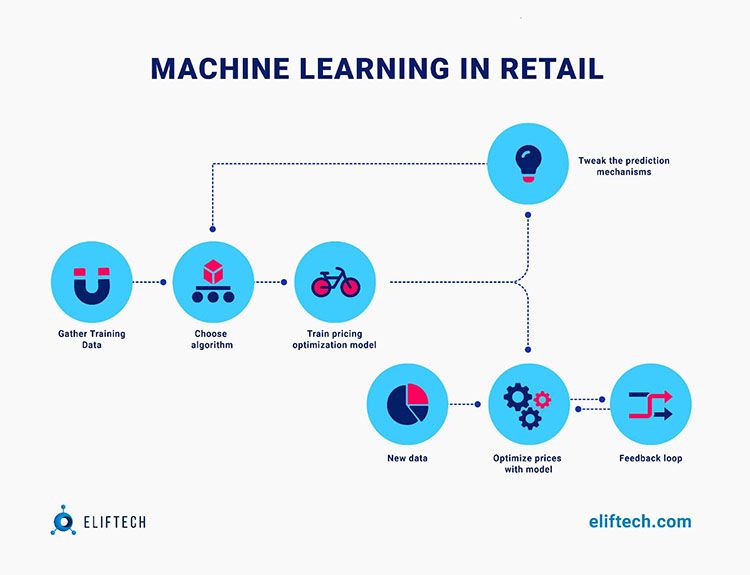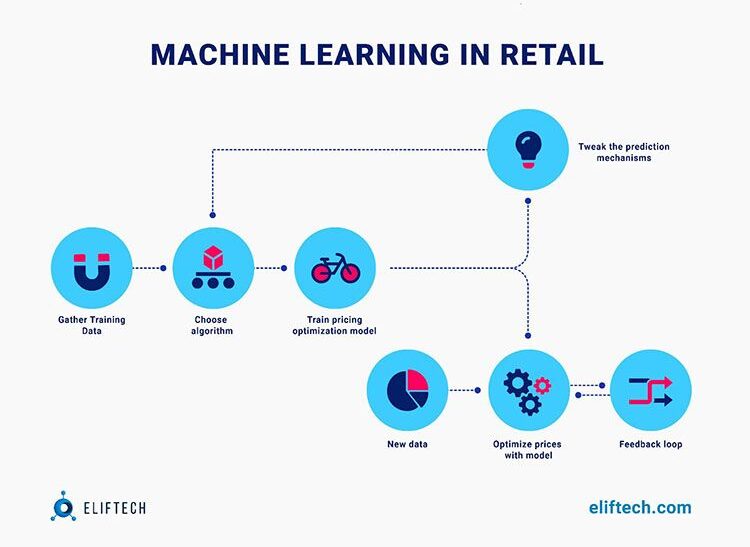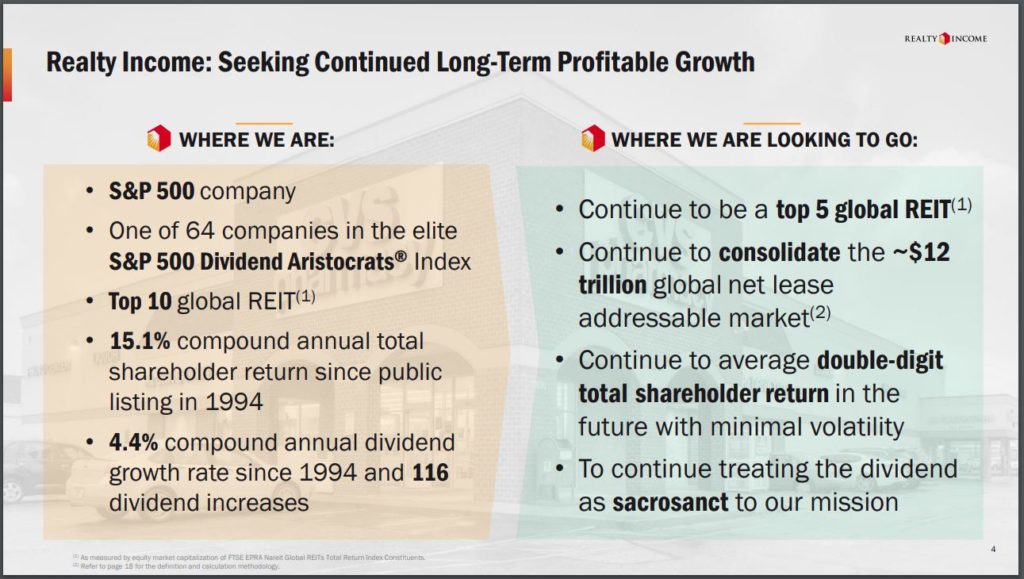In the realm of eCommerce, harnessing AI and machine learning for marketing strategies has become paramount. This guide delves into the innovative ways these technologies are revolutionizing the landscape, ensuring a competitive edge for businesses seeking growth and success.
As we navigate through the intricacies of personalized customer experiences, dynamic pricing strategies, and the role of chatbots in enhancing customer support, the possibilities seem endless in the realm of eCommerce marketing.
Introduction to eCommerce Marketing Strategies

eCommerce marketing refers to the strategies and techniques used to promote and sell products online. It involves various activities such as advertising, email marketing, search engine optimization, and social media marketing to attract customers and drive sales on digital platforms.
Marketing strategies play a crucial role in eCommerce as they help businesses reach their target audience, increase brand visibility, and ultimately generate revenue. By implementing effective marketing strategies, eCommerce businesses can differentiate themselves from competitors and build a loyal customer base.
The Importance of Leveraging AI and Machine Learning in eCommerce Marketing
Artificial Intelligence (AI) and Machine Learning have revolutionized the way eCommerce businesses approach marketing. These technologies enable businesses to analyze customer behavior, personalize marketing campaigns, and optimize the customer experience.
- AI-powered chatbots can provide instant customer support and improve engagement.
- Machine Learning algorithms can predict customer preferences and recommend products, increasing sales conversions.
- AI tools can automate email marketing campaigns, segment customers, and send personalized recommendations based on user data.
- Machine Learning can analyze vast amounts of data to identify trends and patterns, helping businesses make informed marketing decisions.
Personalization through AI in eCommerce
When it comes to eCommerce, personalization plays a crucial role in enhancing the overall shopping experience for customers. By leveraging AI technology, businesses can tailor their offerings to meet the individual preferences and needs of each customer, ultimately leading to higher customer satisfaction and engagement.
AI-Driven Personalization Techniques
- Dynamic Content Recommendation: AI algorithms can analyze customer behavior, purchase history, and preferences to deliver personalized product recommendations in real-time. This helps customers discover relevant products and increases the likelihood of making a purchase.
- Personalized Email Marketing: AI-powered tools can segment customers based on their past interactions with the website and send targeted email campaigns with customized product recommendations. This personalized approach can significantly improve open rates and conversion rates.
- Behavioral Targeting: AI can track customer behavior on the website, such as browsing patterns, search queries, and time spent on each page. This data is then used to personalize the shopping experience by displaying relevant products, discounts, or promotions to encourage conversion.
Impact of Personalized Recommendations on Customer Engagement
AI-driven personalization techniques not only enhance the shopping experience for customers but also lead to increased customer engagement and loyalty. By offering relevant product recommendations, businesses can create a more personalized and seamless shopping journey, ultimately resulting in higher conversion rates and customer satisfaction.
Customer Segmentation with Machine Learning
Machine learning plays a crucial role in customer segmentation by analyzing and categorizing customers based on their behavior, preferences, and interactions with the eCommerce platform. This advanced technology allows businesses to divide their customer base into distinct segments, enabling personalized marketing strategies for each group.
Benefits of Using Machine Learning for Targeted Marketing
Machine learning offers several benefits for targeted marketing, including:
- Accurate segmentation: Machine learning algorithms can analyze vast amounts of data to identify patterns and similarities among customers, leading to more precise segmentation.
- Personalized recommendations: By segmenting customers based on their behavior, businesses can deliver personalized product recommendations and offers tailored to individual preferences.
- Improved customer engagement: Targeted marketing campaigns based on customer segmentation can result in higher engagement rates, as customers are more likely to respond to relevant content.
- Increased conversion rates: By delivering personalized messages to specific customer segments, businesses can improve conversion rates and drive more sales.
Creating Customer Segments for Tailored Marketing Campaigns
To create effective customer segments for tailored marketing campaigns, businesses can follow these steps:
- Collect data: Gather relevant customer data, including demographics, purchase history, browsing behavior, and engagement metrics.
- Use machine learning algorithms: Utilize machine learning algorithms to analyze the data and identify patterns that can be used to segment customers effectively.
- Define segments: Based on the insights from the machine learning analysis, define clear customer segments with distinct characteristics and preferences.
- Develop personalized campaigns: Tailor marketing campaigns to each customer segment by creating personalized messages, offers, and promotions that resonate with their specific needs and interests.
Predictive Analytics for eCommerce
Predictive analytics in eCommerce involves using data, statistical algorithms, and machine learning techniques to identify the likelihood of future outcomes based on historical data. By analyzing patterns and trends, businesses can make informed decisions to optimize inventory management, marketing campaigns, and overall customer experience.
AI and Machine Learning for Predicting Customer Behavior
Predictive analytics leverages AI and machine learning algorithms to predict customer behavior by analyzing various data points such as browsing history, purchase patterns, demographics, and interactions with the website. These algorithms can identify trends and patterns that indicate potential actions customers may take in the future, allowing businesses to tailor their marketing strategies accordingly.
- AI algorithms can analyze vast amounts of data in real-time to predict customer preferences and behaviors.
- Machine learning models can segment customers based on their similarities and predict their future actions.
- Predictive analytics can help personalize product recommendations, offers, and marketing messages to improve customer engagement and loyalty.
Advantages of Predictive Analytics for Inventory Management and Marketing Campaigns
Predictive analytics offers several advantages for eCommerce businesses when it comes to inventory management and marketing campaigns:
- Predictive analytics can forecast demand trends and optimize inventory levels to prevent stockouts or overstock situations.
- By analyzing customer behavior and preferences, businesses can create targeted marketing campaigns that resonate with their audience, leading to higher conversion rates.
- Machine learning algorithms can automate the process of identifying high-value customers and predicting their future purchases, allowing businesses to focus on personalized marketing efforts for these segments.
Chatbots and Virtual Assistants in eCommerce
Chatbots and virtual assistants play a crucial role in enhancing customer support in the eCommerce industry. These AI-powered tools are designed to provide instant assistance to customers, answer their queries, and guide them through the shopping process, ultimately improving the overall shopping experience.
Examples of Chatbots Improving Shopping Experience:
- Personalized Recommendations: Chatbots can analyze customer preferences and past purchase history to offer personalized product recommendations, making the shopping experience more tailored and efficient.
- Order Tracking: Chatbots can provide real-time updates on order status and shipping details, keeping customers informed and reducing the need for manual inquiries.
- 24/7 Support: Chatbots are available round the clock to assist customers with any issues or questions they may have, ensuring a seamless shopping experience at any time of the day.
Benefits of Using Chatbots for Customer Interactions:
- Efficiency: Chatbots can handle multiple customer inquiries simultaneously, reducing wait times and improving response times, leading to higher customer satisfaction.
- Cost-Effective: By automating customer support tasks, businesses can save on labor costs associated with hiring and training human agents, while still providing quality service.
- Data Collection: Chatbots can gather valuable customer data and insights through interactions, helping businesses understand customer behavior and preferences for targeted marketing strategies.
Image Recognition Technology for Product Recommendations
AI-driven image recognition technology is revolutionizing the way eCommerce businesses make product recommendations to customers. By analyzing images, AI can understand visual elements of products and suggest similar items based on customer preferences, leading to a more personalized shopping experience.
Enhancing Customer Engagement with Visually Appealing Suggestions
Implementing image recognition technology for product recommendations can significantly impact customer engagement. By providing visually appealing suggestions that match the customer's style and taste, businesses can increase the likelihood of conversions and foster brand loyalty.
- AI-powered image recognition can identify patterns, colors, and shapes in product images to recommend items that align with the customer's aesthetic preferences.
- By offering relevant and visually appealing product recommendations, businesses can enhance the overall shopping experience and increase customer satisfaction.
- Visual product suggestions based on image recognition technology can capture the customer's attention and drive impulse purchases, ultimately boosting sales and revenue.
Implementing Image Recognition Technology in eCommerce Marketing
Integrating image recognition technology into eCommerce marketing strategies requires careful planning and execution. Businesses can leverage AI algorithms to analyze product images, extract features, and make accurate recommendations that resonate with customers.
By harnessing the power of image recognition technology, eCommerce businesses can deliver personalized product recommendations that cater to individual preferences and enhance the shopping experience.
Dynamic Pricing Strategies using AI

In the fast-paced world of eCommerce, dynamic pricing strategies powered by AI have revolutionized the way businesses set prices for their products and services. By leveraging AI algorithms to analyze market trends and customer behavior in real-time, companies can optimize their pricing strategies for maximum profitability and competitiveness.
Benefits of Dynamic Pricing in eCommerce
- Increased Revenue: Dynamic pricing allows businesses to adjust prices based on demand fluctuations, ensuring optimal pricing for maximum revenue generation.
- Competitive Advantage: By staying agile and responsive to market changes, companies can outperform competitors and attract price-sensitive customers.
- Improved Customer Satisfaction: Personalized pricing based on individual preferences and purchasing behavior can enhance the overall shopping experience and foster customer loyalty.
- Efficient Inventory Management: Dynamic pricing helps businesses manage inventory levels effectively by aligning pricing with demand, reducing excess stock and minimizing losses.
Successful Dynamic Pricing Implementations in eCommerce
- Amazon: The retail giant uses AI-powered algorithms to adjust prices in real-time based on factors like competitor pricing, customer demand, and product availability.
- Uber: The ride-sharing company employs dynamic pricing to optimize fares during peak hours or high-demand periods, ensuring fair pricing for both drivers and passengers.
- Surge Pricing in Travel: Airlines and hotel booking platforms utilize dynamic pricing to adjust prices based on factors like seasonality, booking trends, and availability, maximizing revenue potential.
Closing Notes
![How to Use Machine Learning in Ecommerce [2023 Guide] How to Use Machine Learning in Ecommerce [2023 Guide]](https://share.genpi.co/wp-content/uploads/2025/05/AI-and-machine-learning-in-ecommerce.png)
From personalization to predictive analytics, the fusion of AI and machine learning in eCommerce marketing offers unparalleled opportunities for businesses to thrive in an increasingly digital world. As you implement these strategies, remember that staying at the forefront of technological advancements is key to staying ahead of the competition.
Question Bank
How can AI enhance customer segmentation in eCommerce marketing?
AI can analyze customer behavior patterns to create precise segments, allowing businesses to tailor their marketing strategies effectively.
What are the advantages of using chatbots in eCommerce for customer interactions?
Chatbots can provide instant responses, personalized recommendations, and efficient issue resolution, enhancing overall customer satisfaction.
How does predictive analytics benefit inventory management in eCommerce?
Predictive analytics can forecast demand, optimize stock levels, and prevent overstocking or stockouts, leading to improved inventory management efficiency.





